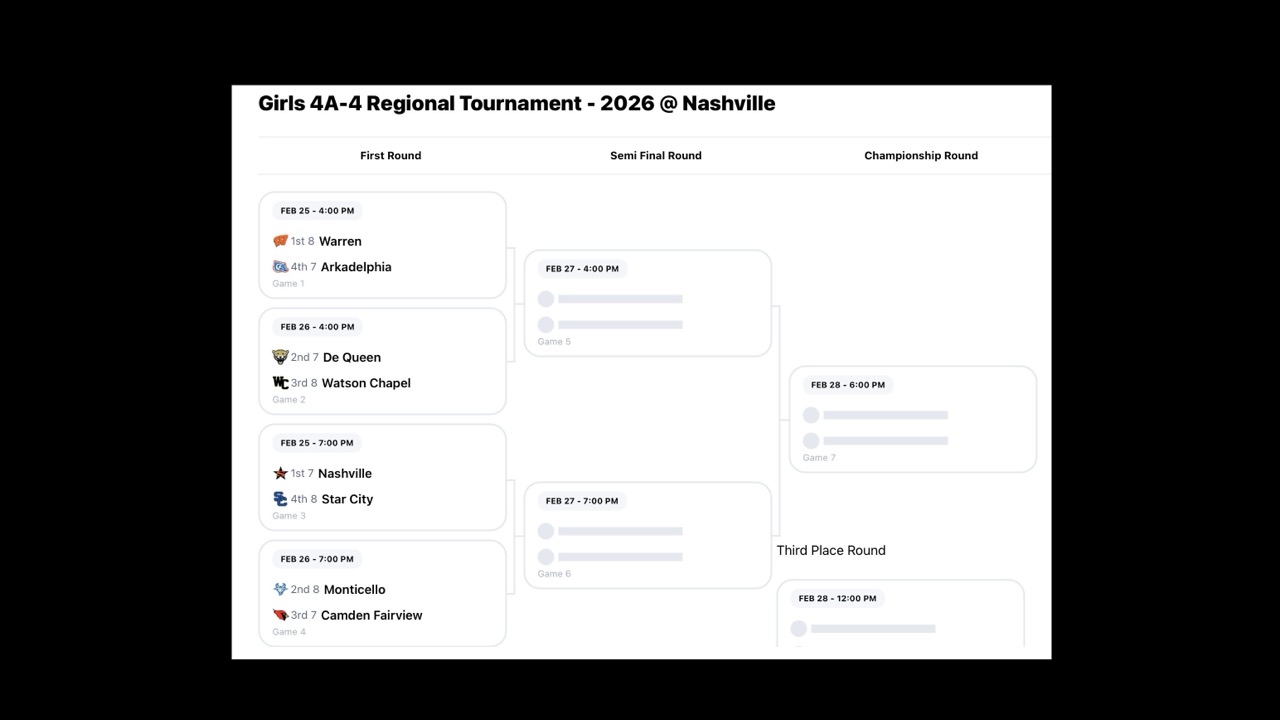LITTLE ROCK — In the final aerial survey of the 2023-24 waterfowl season, Arkansas Game and Fish Commission biologists estimated a Delta mallard population that was more than a half-million mallards below the 2009-2024 late January long-term average and the lowest late January survey estimate on record since the 2010 start of transect-based surveys. Also, total duck population estimates were nearly 480,000 birds below the long-term average, largely due to the low number of mallards.
On average, mallards account for about 55 percent of all ducks in the Delta during late January surveys. During this survey period, however, mallards made up only 33 percent of the total duck estimate.

Biologists faced challenging weather conditions to conduct surveys this season, and especially so for the final survey of the season. The typical second January survey follows the early January annual Midwinter Survey by two weeks, but this year the state was hit with the arctic blast, leaving few days to fly. Crews began surveying Jan. 19 when shallow water was still frozen and saw clustered distributions of birds. Dense fog and low ceilings forced flight crews to take a break the following week while the state thawed, pushing the final flying days to the last week of January.
“It is important to note the majority of the Delta was flown between Jan. 25 and Feb 1, at which point the state had thawed out and began to receive a lot of rain providing better habitat conditions across the landscape,†Brett Leach, AGFC waterfowl program coordinator, said, “while the Arkansas River Valley was flown during the arctic blast while most small bodies of water were frozen.â€
Biologists estimated over 40,000 mallards in three survey zones: Black River-Upper White River, CacheRiver, and the Lower White. These survey zones accounted for 66 percent of the Delta mallard estimate and 63 percent of the total duck estimate. The highest total duck estimates also came from the Black-Upper White, Cache, and Lower White survey zones. Hotspot maps indicate several key duck concentration areas primarily in the central portion of the Delta, but also good distribution throughout the northeast part of the state.
AGFC biologists Jason Carbaugh, Jason Jackson, Cameron Tatom and Alex Zachary conducted the surveys this season. Transect-based surveys in the Delta in late January estimated 250,401 mallards and 752,293 total ducks. Duck population estimates in the Arkansas River Valley were 76,764 total ducks, including 38,321 mallards. Biologists performing cruise surveys in southwest Arkansas reported an estimated 22,830 ducks with 5,455 mallards.
Arkansas River Valley mallard estimates broke the trend a little and were only 2,900 mallards shy of the late January long-term average and total duck estimates were 17,400 ducks above the long-term average. During the late January survey, mallards typically make up 63 percent of the total duck estimate in the Arkansas River Valley, but accounted for 50 percent this survey period. A majority of the mallards were estimated in the Holla Bend and Point Remove-Plumerville survey zones (57 percent). Total duck estimates were highest in the Holla Bend, Point Remove-Plumerville and East Dardanelle Reservoir survey zones and the highest late January total duck estimate since 2018.
Southwest Arkansas cruise survey counts showed slightly below average numbers of total ducks and mallards, with about two-thirds of all mallards observed along the Red River from U.S. Highway 82 to the Sulphur River.
Arctic goose population estimates totaled 645,607 light (lesser snow and Ross’s) geese and 189,406 greater white-fronted geese in the Delta. Total goose estimates topped duck counts in the Delta throughout the season.
More information and detailed survey maps of the state from this and all previous aerial surveys are available at https://www.agfc.com/education/waterfowl-surveys-and-reports/.




